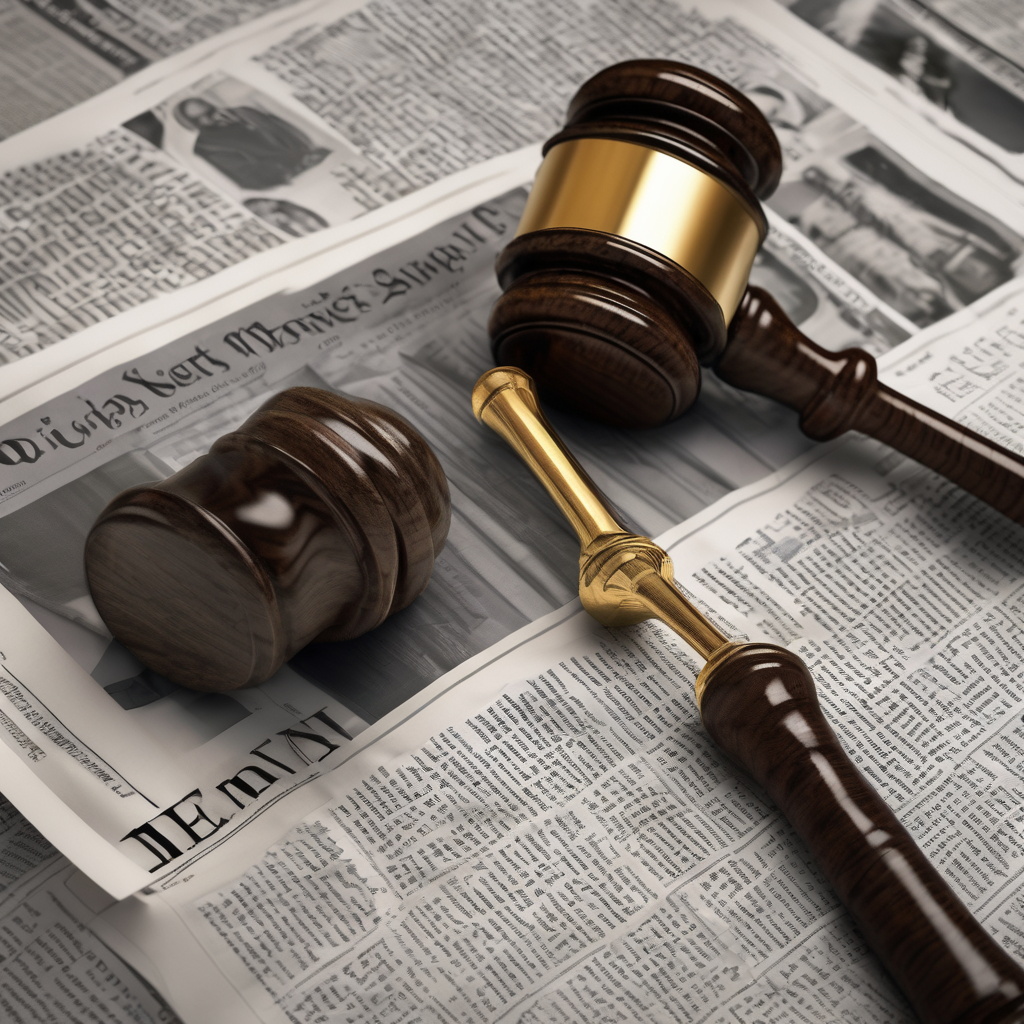Sarah Ferguson, the Duchess of York and former wife of Prince Andrew, has attracted attention following revelations of her apology to Jeffrey Epstein, the disgraced financier and convicted sex offender. This came to light through an email from April 26, 2011, where Ferguson expressed remorse for severing ties with Epstein publicly, labeling him a “supreme friend.” This correspondence emerged shortly after she had criticized Epstein due to his criminal actions, announcing she would no longer associate with him.
Her spokesman clarified that the apology was strategic, aimed at avoiding a potential defamation lawsuit threatened by Epstein. The duchess, under considerable pressure, sought legal advice before making the apology. This move marked a significant change from her actions in March 2011, when Ferguson openly repented for accepting financial assistance from Epstein, acknowledging it as a poor decision.
Despite the apology, Ferguson’s stance on Epstein remains unchanged. She has consistently repudiated his actions, emphasizing her disassociation upon learning the full extent of the allegations against him. Her spokesman reiterated that Ferguson was misled by Epstein and stressed her empathy for his victims. Epstein’s death in 2019, while awaiting trial on sex-trafficking charges, continues to resonate, affecting numerous public figures associated with him.
This disclosure coincides with other prominent cases involving legal issues about ties with Epstein, highlighting the ongoing complexities and reputational risks for those involved. Such cases, including those of figures like Melania Trump and Hunter Biden, reflect broader societal challenges related to accountability and justice in these high-profile situations. This ongoing narrative underscores the difficulty public figures face in navigating associations with controversial individuals amidst legal and public scrutiny.
